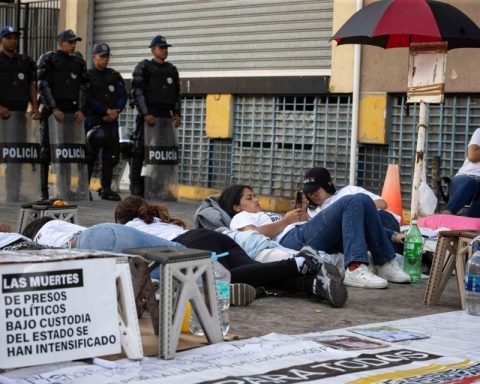The country’s demographic bonus should also be taken advantage of, correctly preparing the workforce, as well as giving incentives to companies, not necessarily in the capital part, but in technology transfer.
Training is vital to access better salaries
In that sense, said Glenn Hamer, CEO of the Texas Business Association, there are well-paid jobs in Mexico, the United States and Canada. To access them it is necessary to have a well-trained workforce.
“The three countries need to work more closely when it comes to supply chains and skills,” Hamer said.
with potential
Luis de la Calle, former Undersecretary for International Trade Negotiations, stressed that the member countries of the T-MEC have the capacity to produce semiconductors and inputs such as lithium and other materials necessary for the manufacture of automobiles.
For the CEO of the consulting firm De la Calle Madrazo Mancera, the competition for the cars of the future will be between Europe, China, Japan and North America, for which it is necessary to improve issues such as logistics, production and supply chains.
“If we do things right, Japan, South Korea, even Taiwan will choose North America as the platform to develop the cars of the future,” he said.
To achieve better integration, tripartite work is not only needed. Mexico-US, Canada-Mexico and Canada-US bilateral relations must also be strengthened, said Louise Blais, a Canadian diplomat and senior adviser to the Canadian Business Council.
De la Calle pointed out that in Mexico the transition to clean energy must also be noted, as well as in labor issues.
differences persist
Regarding the labor disputes that have occurred within the framework of the T-MEC, the participants celebrated that there is a dispute settlement chapter in the trade agreement, and that the disputes have been resolved in a matter of months.
“We are the only region in the world with a dispute resolution system that works,” boasted Luis de la Calle.
Regarding the dispute over the Mexican government’s energy policy, Leycegui lamented that the country has this situation in one of the most important areas of the commercial relationship, because it is a bad sign for investors.
Leycegui was not optimistic about a prompt solution to this dispute between the T-MEC partners. He anticipated that, if a panel of specialists is reached, “we are going to lose. There is no doubt that the companies, the United States and Canada are right.”
















